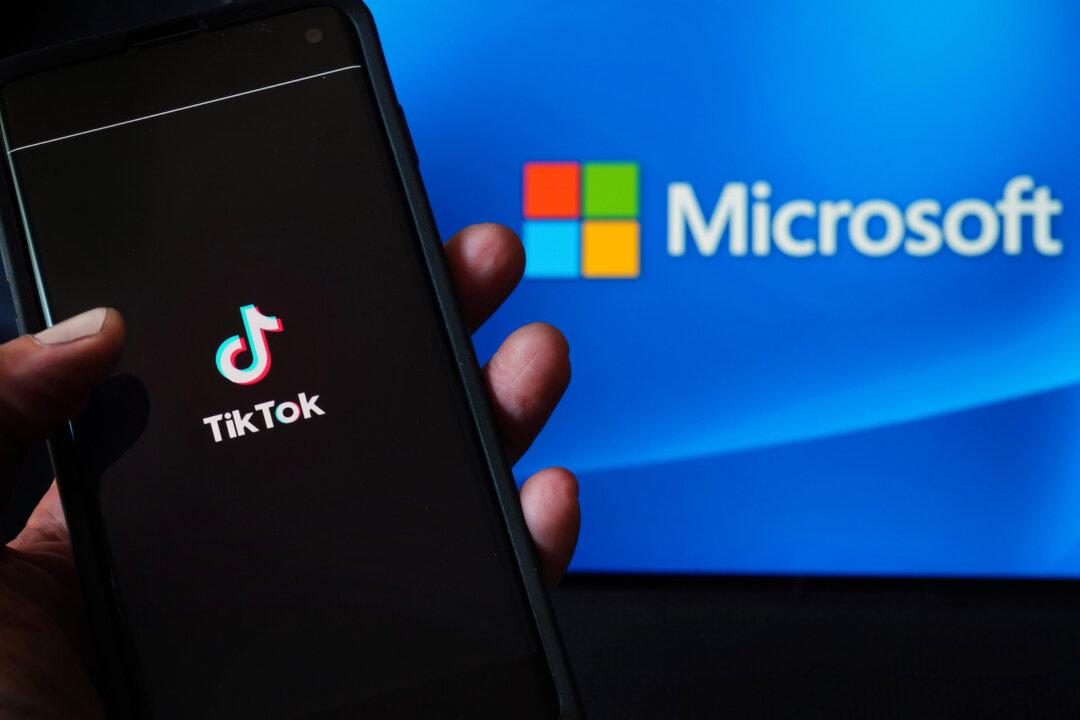Microsoft’s proposed buyout of popular Chinese-backed music app TikTok could accelerate the “next step” of the global internet’s fragmentation into regional blocs, according to a Melbourne-based cybersecurity expert.
TikTok, which is owned by Beijing-based ByteDance, is currently in negotiations with Microsoft to sell the United States portion of the app. This would also come with control over the Australian, Canadian, and New Zealand userbase.





